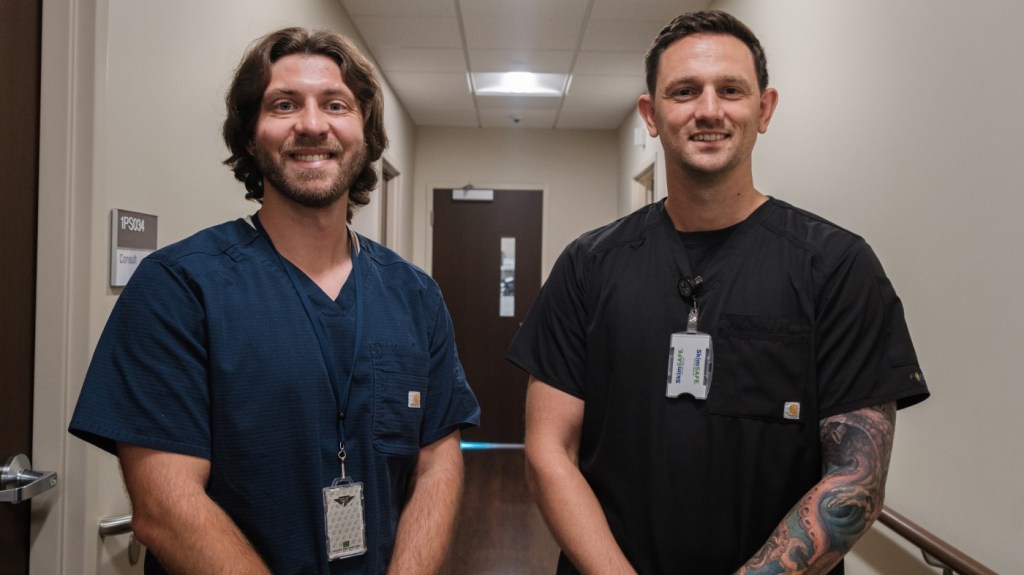
Did you know that almost a quarter of all Veterans in the United States—4.4 million—return from active military careers to reside in rural communities?
Whether they want to be close to family, get back to nature, or decompress with a slower pace of living, it’s the job of VA to meet these Veterans where they live and provide them with quality health care. That means hiring top-tier providers who also know the benefits of working in smaller communities.
Our teammates at the VA Butler Health Care System in Pennsylvania know all about the appeal of living and working in rural communities and have plenty to say about the experience.
The calming pace of rural work
Living and working in a rural location offers you the chance to enjoy a more relaxed pace.
“Once you hit that point where you feel like you’ve got balance in your life, you’re going to be better at what you do,” explained Curtis Raybuck, a supervisory human resources specialist at VA Butler. “I’m surrounded by what Butler is. I’m surrounded by that small-town feeling. I’m surrounded by that connection to the community. I just like that that exists here.”
He continued, “When I moved to this area, I moved to this area for a lot of reasons, and one of which was to be closer to where I worked. I like being somewhere where I am close enough to the city that I can drive into it any time, but far enough away that I feel like I’m in the country.”
The community bonds of rural life
Embracing a career at a rural facility also means more time to focus on your patients and to develop meaningful relationships with your colleagues.
“What I love about this area is that it’s a small-town feeling. Everybody knows everybody,” said Dr. Victoria Prutz, dental chief at Butler VAMC. “Our patients, they do travel, some of them over an hour, just to come to Butler. They want to come here, versus a bigger facility. They know everybody, and they feel comfortable here.”
“We are like a family. I’ve only worked here about a year, but I could probably tell you almost everything about everybody that works there,” agreed Lauran Warburton, registered nurse and admissions coordinator at the Butler VAMC domiciliary. “The Veterans, when they come in, and you get to shake their hand, it’s great to be able to interact with them.”
“Butler VA has the ability for you to get to know your fellow staff members a lot better than larger campuses. It gets you to feeling locked in with each other,” added Cory Zedak, a Veteran and licensed clinical social worker.
Room for advancement at rural facilities
Tying together the slower pace and the tighter community means there’s more of a chance to advance your career at a rural facility, as well.
“We’re small, but we offer a lot. You will just shine up here because it’s just a smaller community,” said Samantha Kurtz, Butler’s lead X-ray technician. “We’re a little bit slower pace here, but I think it’s 10 times better for that. For that reason, you are able to grow here, a lot. There is so much growth here, and there’s so much more you can learn.”
“VA Butler has allowed me growth in my own career, because it’s allowed me to touch everything,” agreed Raybuck. “I’m meeting with program managers, the associate director, the chief of staff. When they have a question, I need to be there to support it.”
Work at VA
With over 450 rural VA medical centers and affiliated outpatient clinics nationwide, the VA has a place waiting for you.
- LEARN more about rural jobs at VA.
- EXPLORE the employment benefits of a VA career.
- SEEARCH for an opportunity to join our team.


